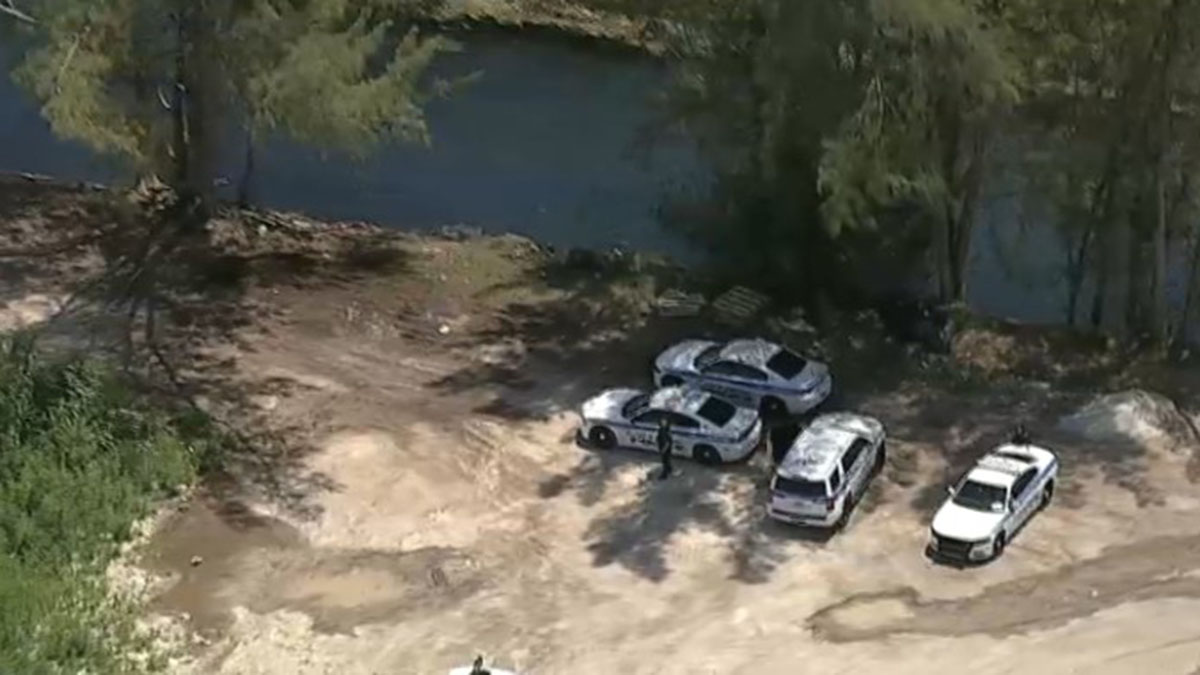These days it’s tough to find a berth to dock at in the Port of Miami. So many ships are at the port. Some are docked sideways closer to Biscayne Blvd. It’s a sight no one ever expected to see for the cruise capital of the world.
In the short term, there’s no money coming in anytime soon, but what about this summer?
Scott Lewis and his wife Allison have lots of photos with their kids on one of their adventures out on the high seas.
Lewis and his wife were supposed to sail again in September, but then came COVID-19.
“We got spooked. Quite honestly, we have seen the cruise ships getting stranded and if something happened you would be stuck at sea,” Lewis said.
Images like those of passengers wearing masks and trapped in their cabins have millions who planned to cruise wondering if they will ever go back.
The Centers for Disease Control and Prevention (CDC) has stopped cruise line sailings in U.S. waters until at least the middle of July.
Local
“Until I know if I take a cruise and something bad happens, I am not going to be stranded at sea for days or weeks, I don’t know if I get back on a ship right now for the next several years,” Lewis said.
For South Florida, headquarters of Carnival and Royal Caribbean, the docking of ships is a tremendous blow.
Royal is laying off a quarter of its workforce. That's a far cry from last year when more than 6.8 million passengers boarded at Port Miami—a record. At Port Everglades, almost 4 million passengers boarded.
At Port Miami, more than 27 thousand jobs are directly impacted by cruising, at Port Everglades 13,000.
Attorney John Thomas is an FIU Professor who is an expert in the cruise line industry. He thinks if the cruise lines can convince the public their ships are the ultimate in cleanliness, passengers will ultimately return.
“They know their priority is to keep their passengers and crews safe and healthy,” Thomas said.
Thomas believes when travelers compare checking into a hotel in a foreign country to a high level of sanitary and cleanliness conditions on a ship, many will return.
“They are going to have to adapt to social distancing and everyone is going to have new normals, but people are going to want to travel. And, cruise lines may be the safest to travel. You can visit a foreign country, get back on the ship at the end of the day. You know it’s going to be clean. The food is going to be safe. Your cabin is going to be ready for you. It’s going to be much more convenient than other methods of travel,” Thomas said.
Thomas thinks robots will play a big role in making the ships spotless everywhere.
“They can use all kinds of chemicals that are unhealthy for people, but robots don’t mind them at all. So, I think you are going to see robotic cleaning of the guest rooms, the dining rooms, the kitchens, the public spaces and you are going to have super clean ships,” Thomas said.
Thomas does believe that there will be fewer passengers on the mega ships, so that social distancing can be accomplished.
On the economic front, to make it profitable, he says the cruise lines will come up with other ways to get money out of you while you’re on board—something he says they have been very good at.



